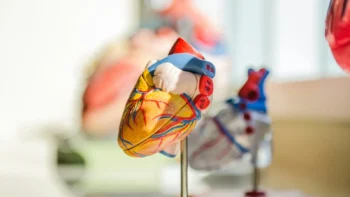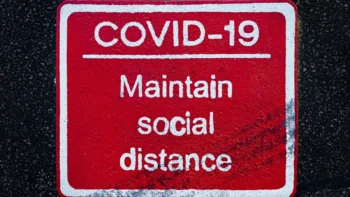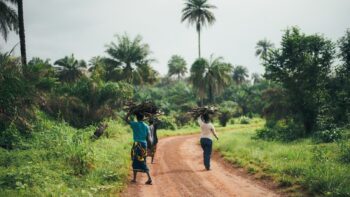What the organ donation system can learn from global experiences with vaccine programs.

The Vaccine Confidence Project team regularly publishes articles, reviews and other academic writing in leading journals. Our publications analyse global trends in vaccine confidence and provide deep insight into the spatio-temporal dynamics of vaccine confidence across the world.

What the organ donation system can learn from global experiences with vaccine programs.

This study sought to explore public perceptions and feelings about the handling of the COVID-19 pandemic by governments and leading authorities in three European cities.

The COVID-19 pandemic prompted renewed emphasis on monitoring vaccine confidence. This study extends vaccine confidence surveillance to geographies where such research is limited.

This study aims to expand the scope of HCPs’ vaccine confidence oversight into European regions where limited research has been conducted thus far.

Drawing on ethnographic insights from fieldwork conducted in northern Sierra Leone, this paper proposes the notion of ‘social imaginaries of epidemics’ as a socio-historical lens through which to understand how people made sense of the COVID-19 pandemic and the ensuing response.

This study aimed to identify drivers of HPV vaccine hesitancy and effective public health interventions to increase HPV vaccination rates in two U.S. states (New York and Florida). The findings provide insights into the impact of demographics, state policies, and vaccine confidence on HPV vaccination.

This study assesses the effectiveness of a vaccine chatbot in improving human papillomavirus (HPV) vaccination among female middle school students aged 12–15 years across diverse socioeconomic settings in China, where HPV vaccination is primarily paid out-of-pocket.

We conducted a social listening analysis to assess attitudes towards mRNA vaccines and therapeutics on Twitter from June 2022 to May 2023. Our findings reveal widespread negative sentiment and a global lack of confidence in mRNA vaccines and therapeutics, with frequent discussions of severe vaccine side effects, rumors, and misinformation.

Influenza vaccination coverage in South Africa is less than 3% among the general adult population. We explored factors associated with influenza vaccine uptake using the World Health Organization’s Strategic Advisory Group on Immunization (SAGE) 3C (confidence, complacency, convenience) model of vaccine hesitancy.

This paper offers two scenarios to argue for the possibilities of building trust during crises by engaging with existing distrust, with special reference to examples during the COVID-19 pandemic.

Vaccine confidence remains a global public health challenge, especially highlighted during the COVID-19 pandemic. This study aims to expand the scope of HCPs’ vaccine confidence oversight into European regions where limited research has been conducted thus far.

This study used a mixed-methods pre-test-post-test intervention design to test the effectiveness of tailored, context-specific education and community engagement – including community and social media – to increase influenza vaccination uptake in Soweto, South Africa.